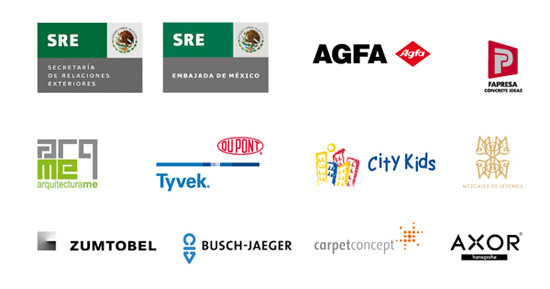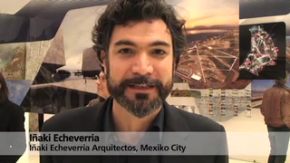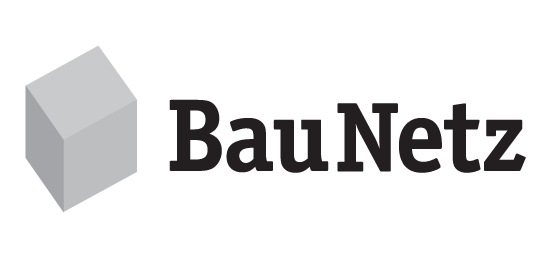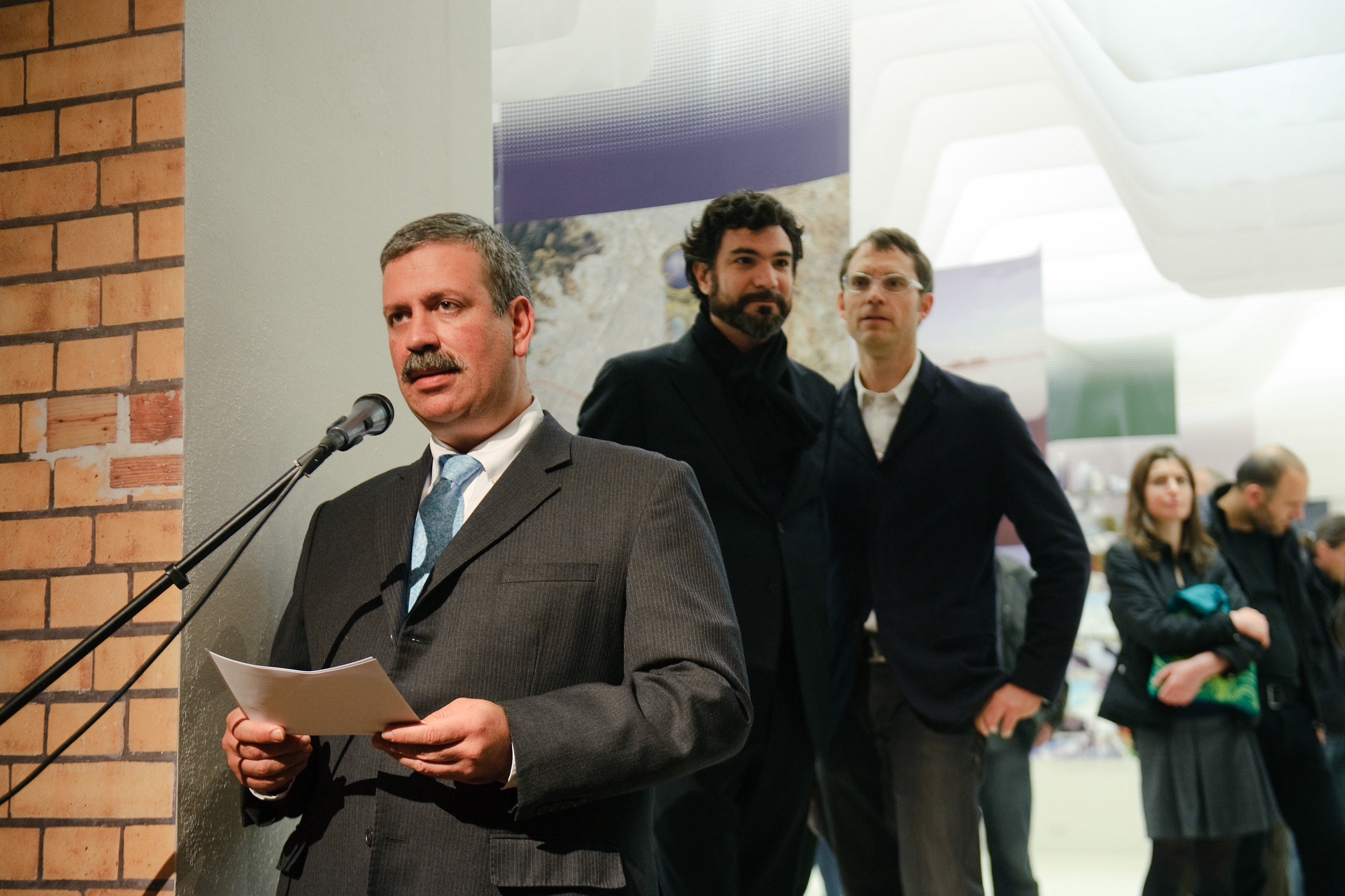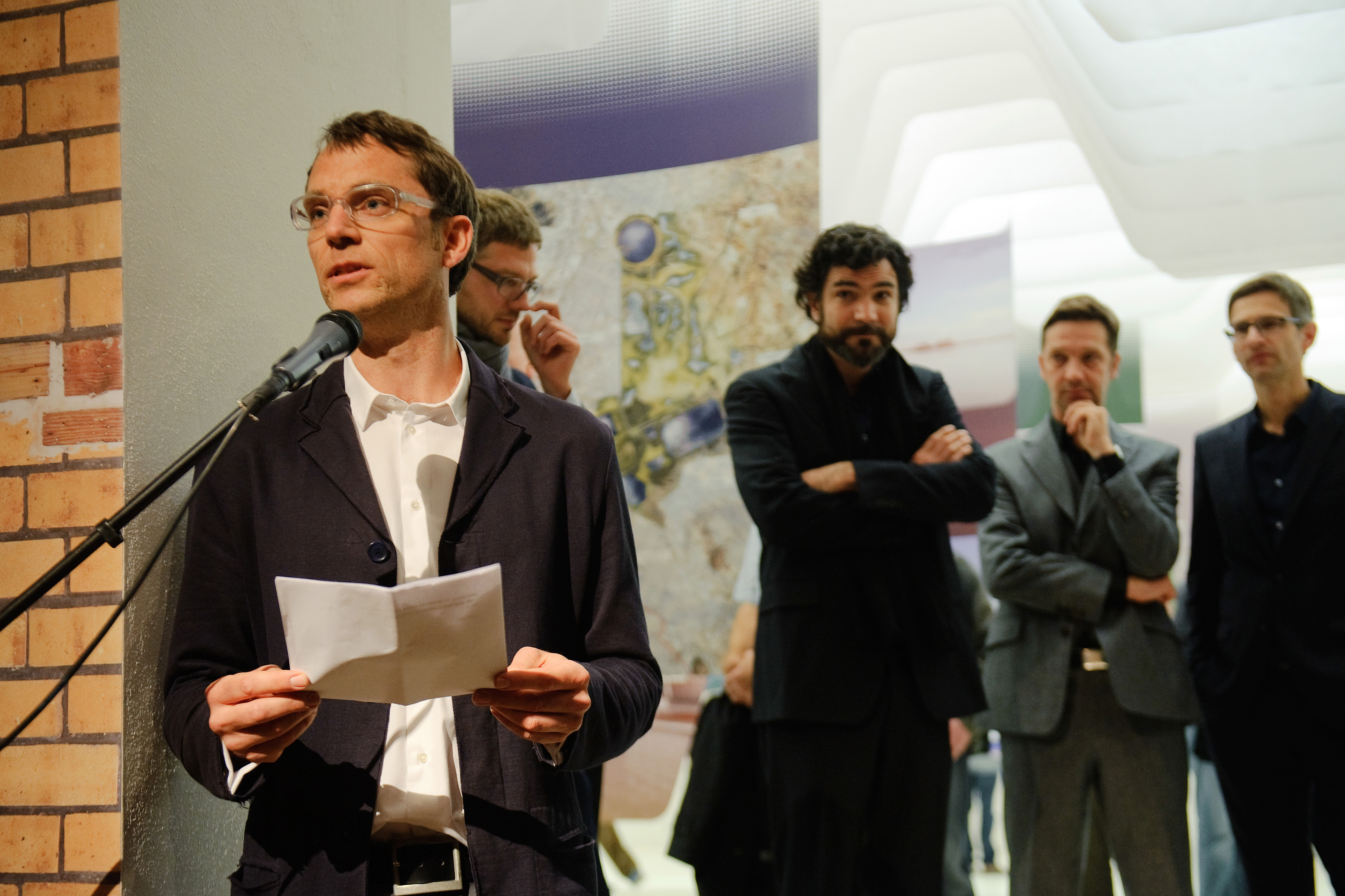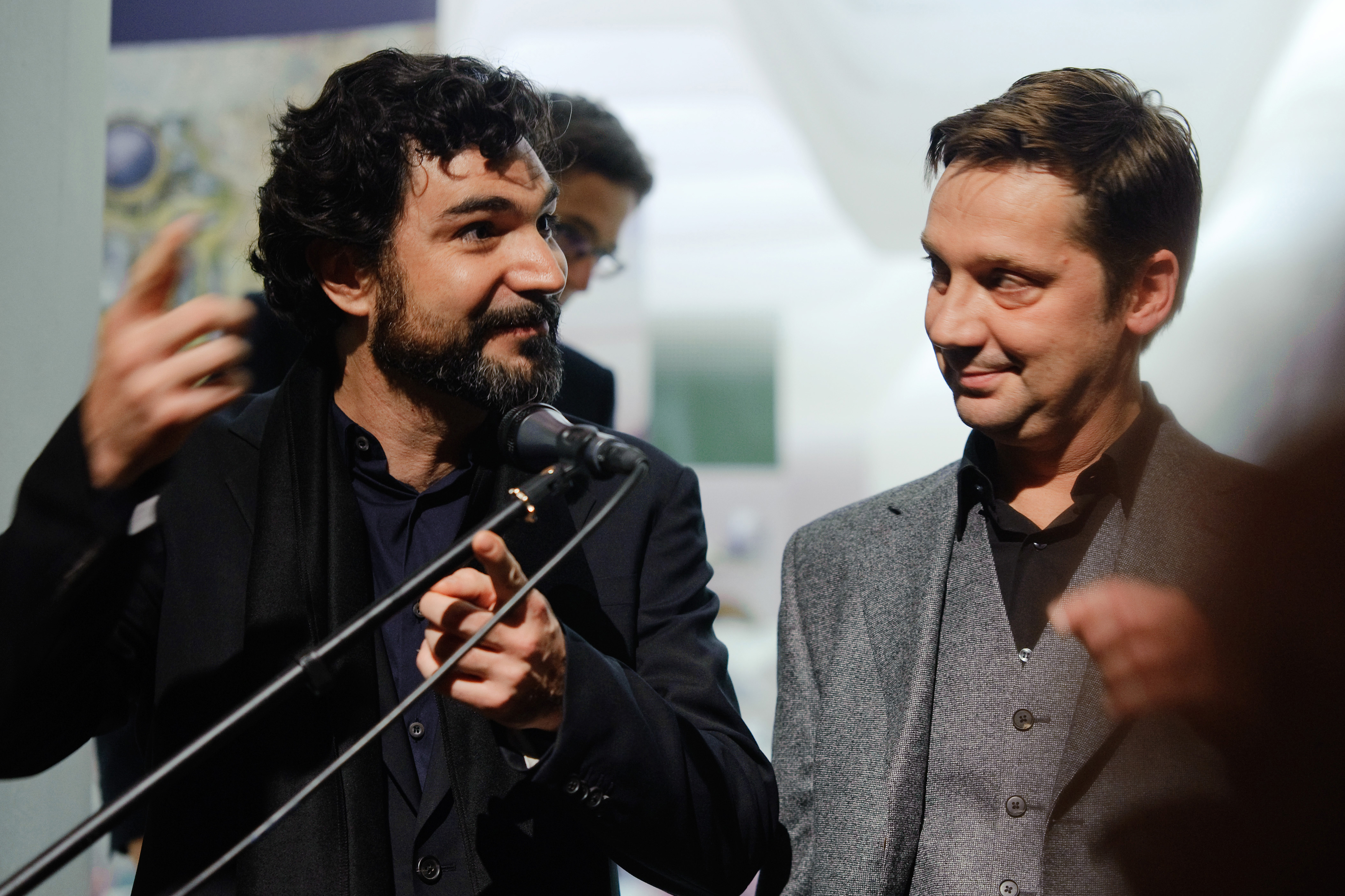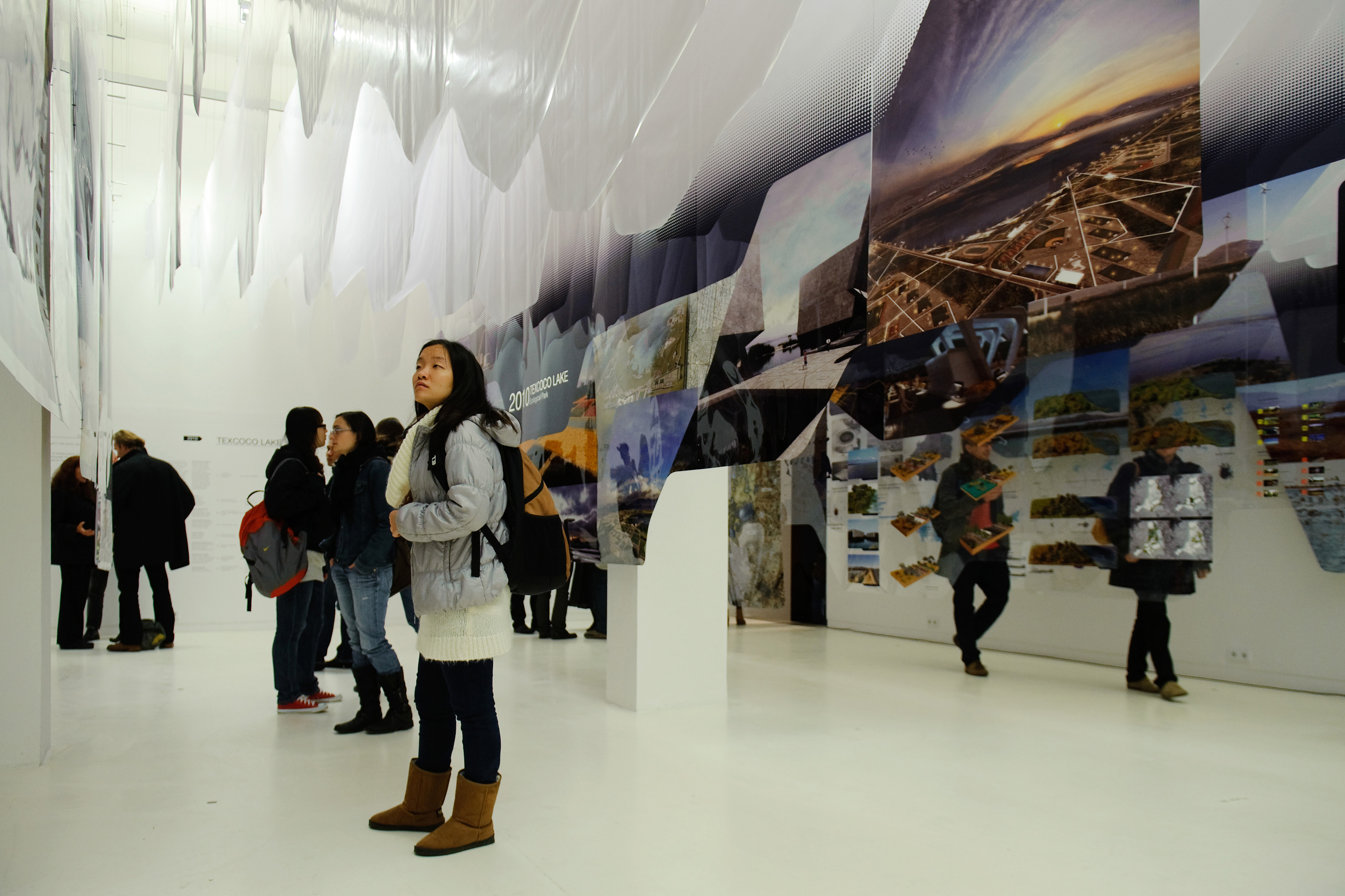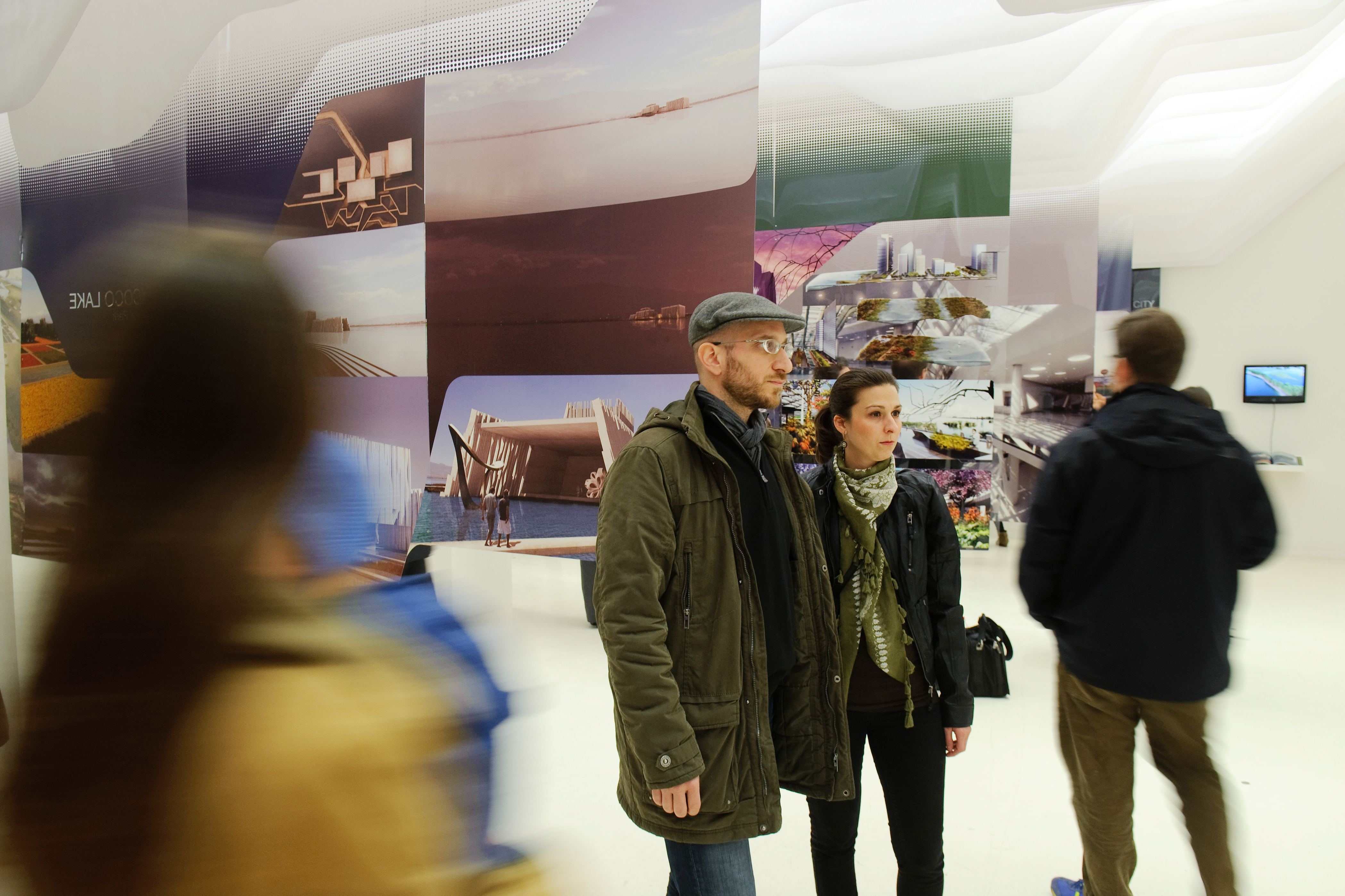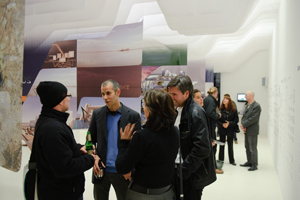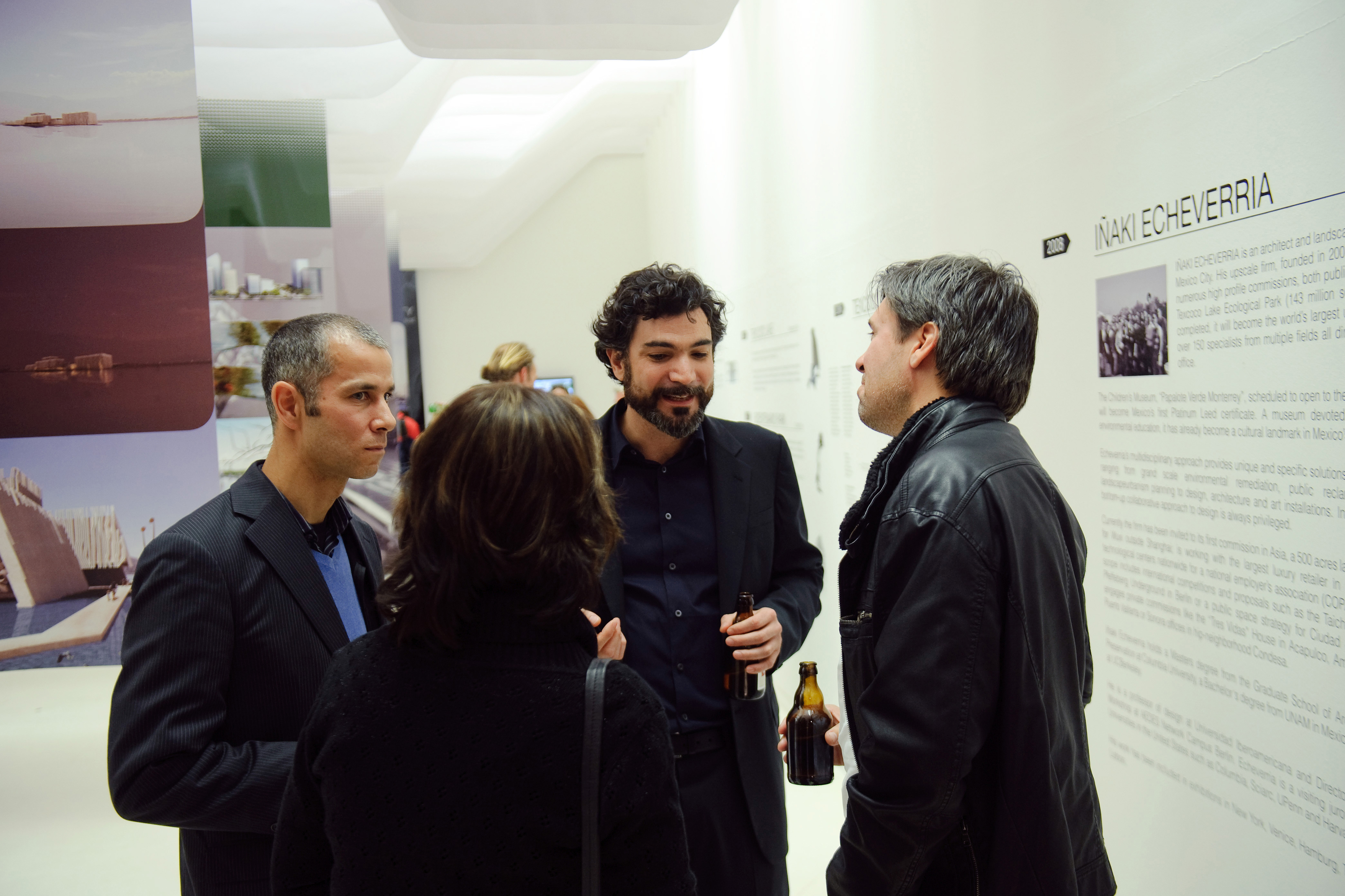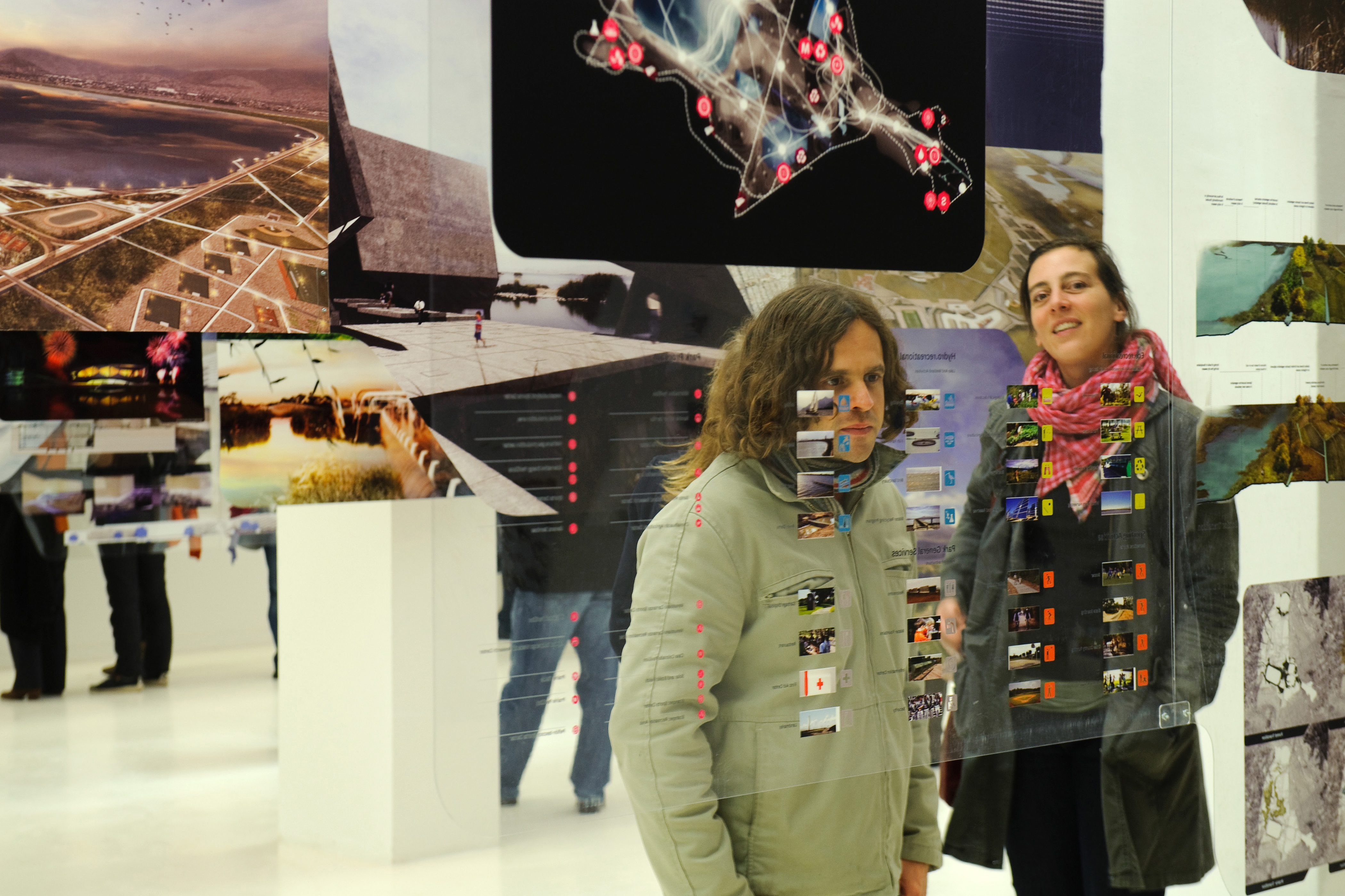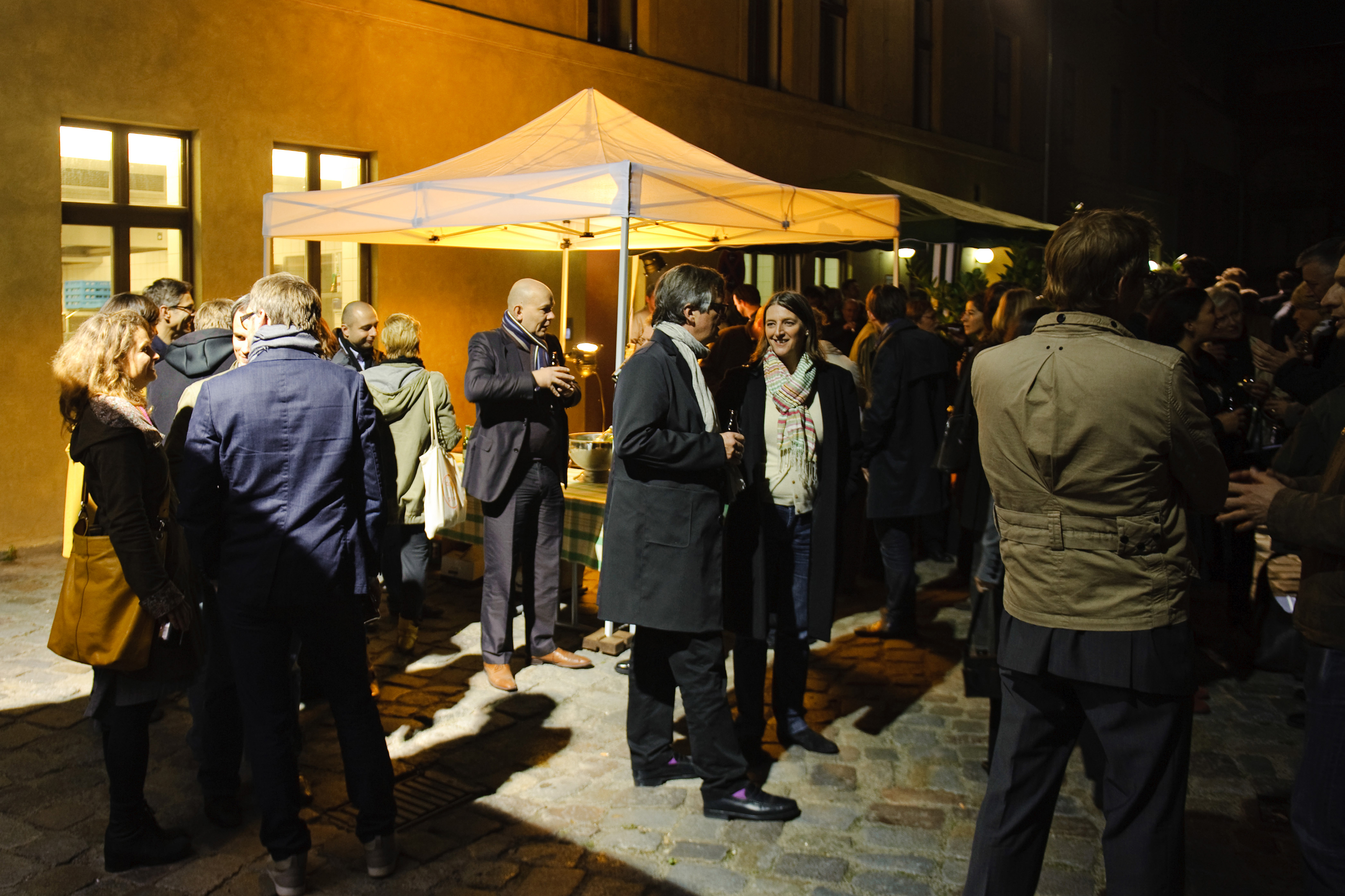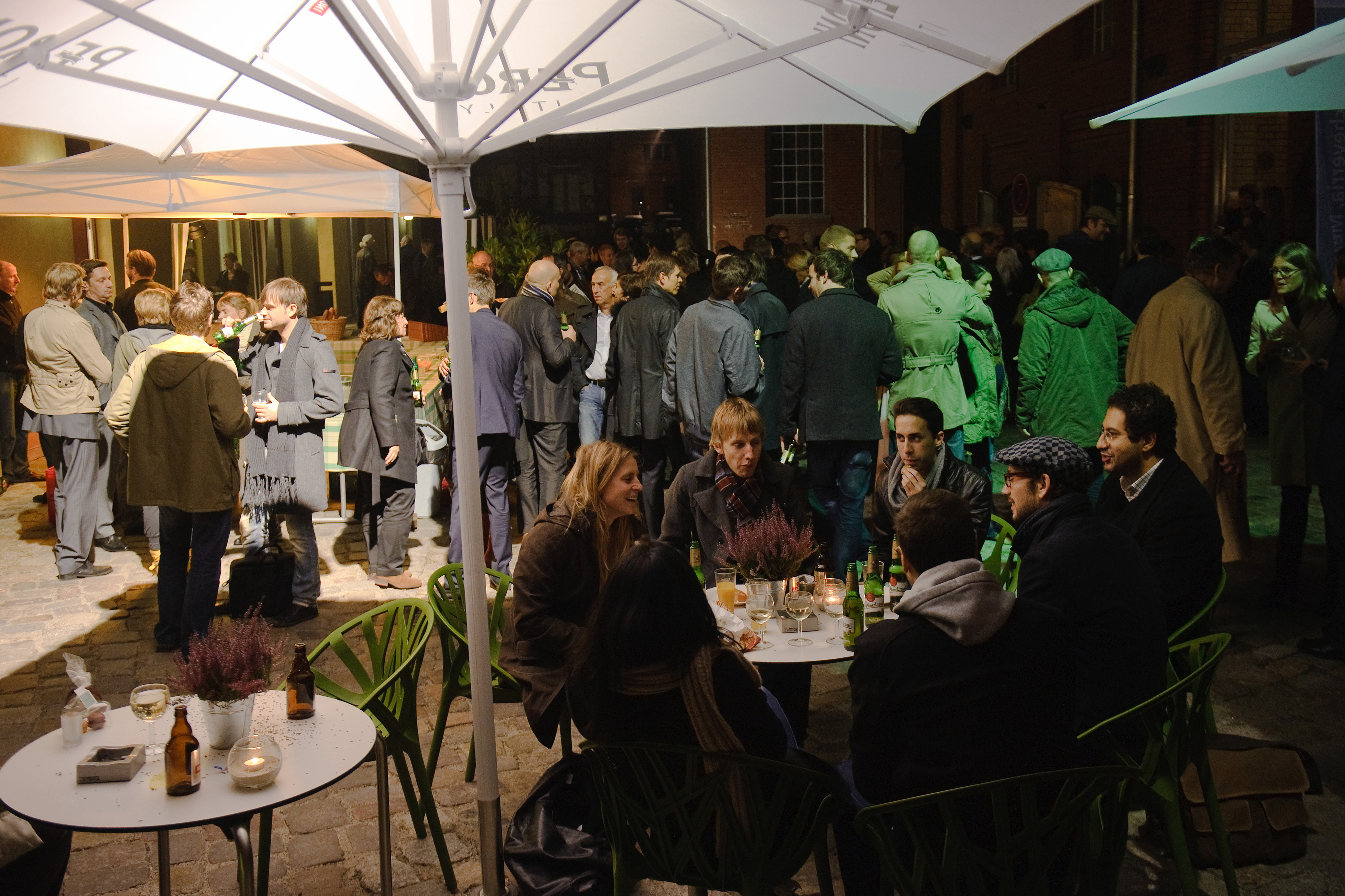The exhibition shows the work of Iñaki Echeverria, architect and landscape urbanist based in Mexico City. The mutually influential relation between experience, geography and architecture is constantly addressed in his work and will be explored in the exhibition which focusses on the project for Texcoco Lake Ecological Park in Mexico.
The Texcoco Lake Ecological Park is a work in progress, a vision of a remarkable place conceived by a collaborative group of scientists, engineers, biologists, chemists, ecologists, architects, urban planners, landscapers, and politicians. Once completed it will become the world’s largest urban park with over 145,000,000 sq meters of public space and infrastructure.Stigmatized for more than 30 years, the basin of the Mexico City valley has an opportunity to reinvent itself. Lands formerly occupied by the Texcoco Lake can be reclaimed today as part of a new ecology that incorporates nature, culture and infrastructure: a Cultural Ecology. It will have the capacity to revitalize the social, cultural and educational networks of the most abandoned area of Mexico City. The proposal’s intention is to generate a soft ecological edge for the city; this comes as a reaction to the exponential growth of Mexico City during the last century; in only 50 years (1950-2000) the city population grew from 3 million people 20 millon. Now, the park can become a negotiation ground between the urban and the rural spaces. The park will hold a rich diversity of wildlife habitats and botanical communities, extraordinary natural scenarios for recreation and relaxation. Through ecological innovation and creative design, new biological communities will prosper and will restore the site.
Other projects in the exhibition will draw a broader map of the recent activiy of the office: the Papalote Verde Children´s Museum in Monterrey, scheduled to open to the public in winter 2012, expected to become Mexico’s first Platinum Leed certificate. A museum devoted to sustainability and environmental education, it has already become a cultural landmark in Mexico’s industrial heart. Additional projects include: in Mexico City the Tres vidas house, the Lope de Vega Building, the Linear City Lamp and a Shopping mall as well as the Retail facade in Tabasco and the competitions for Taipei´s Taichung Park and the Bicentennial Park.
Inaki says about his work:“ The term 'Cultural Ecologies' refers to the imaginal, Corbin´s expanded realm of reality, where time and perception operate as intensely as physical materiality. We believe the design of the contemporary city/territory relates to living, changing environments, to processes rather than images, to gardening: to and to a broad understanding of the idea of landscape. Because of this, much of our work deals with the design of the horizontal, and the relationships that arise in this dimension.“
Catalogue
An Aedes catalogue was published.
ISBN 978-3-937093-99-4
Spanish/English
Price € 10,-
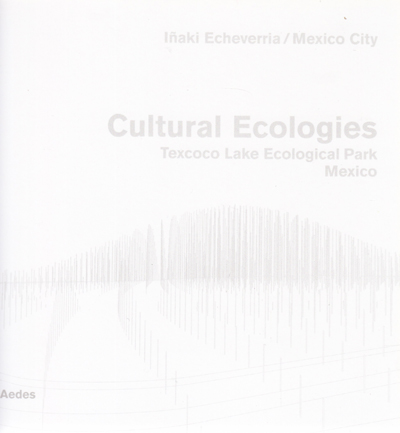
Sponsors
Secretaría de Relaciones Exteriores, Embassy of Mexico, Agfa, Fapresa - Concrete Ideas, Arquitecturame, DuPont Tyvek, City Kids, Mezcales de Leyenda, Zumtobel, Busch-Jaeger, carpetconcept, AXOR Hansgrohe
Diese Ausstellung wurde ermöglicht mit der großzügigen Unterstützung von:
